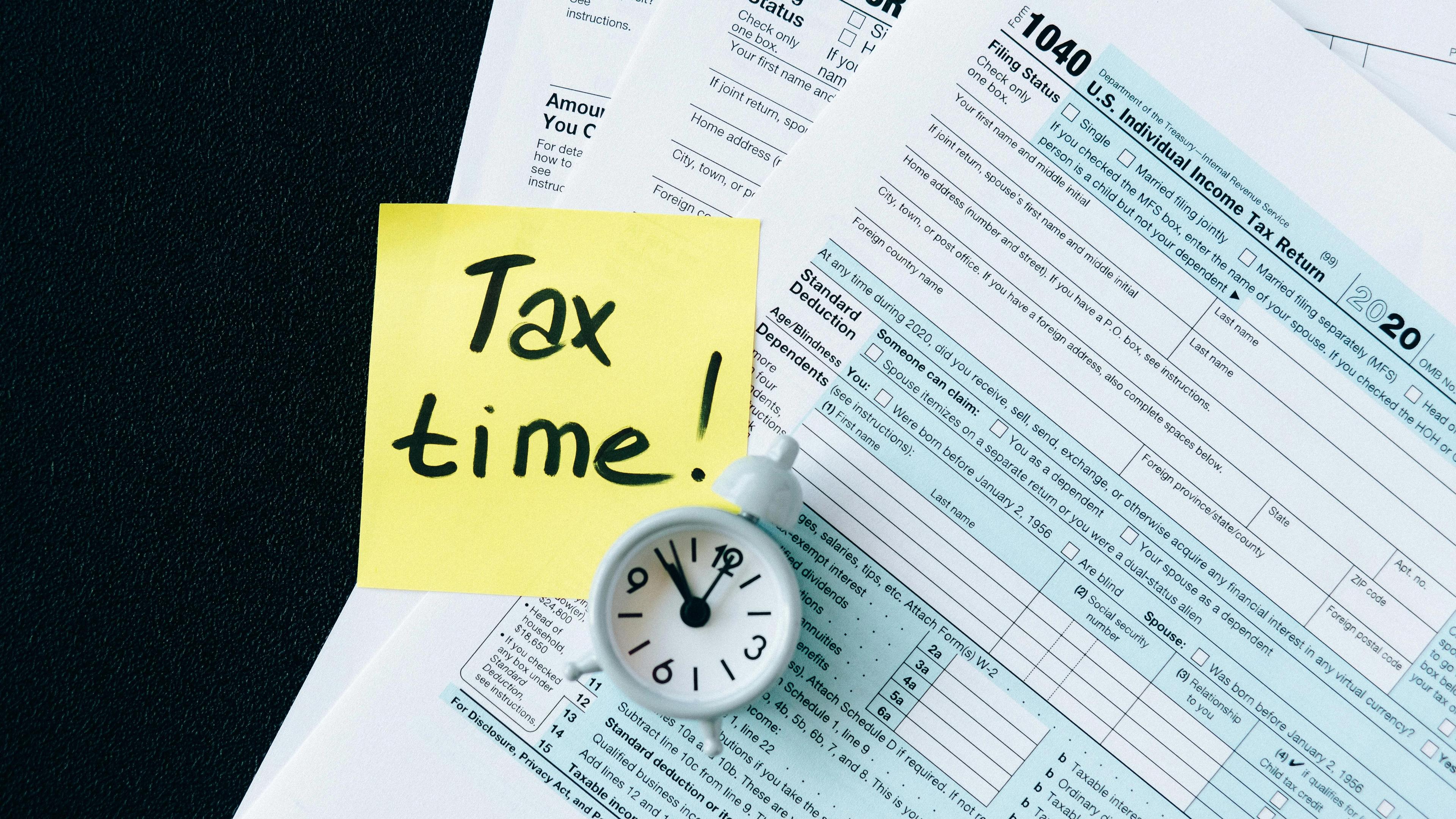
Filing your taxes can be a complex process, and even small mistakes can lead to significant issues, including delays, penalties, or missed opportunities for deductions and credits. In this blog post, we’ll highlight some of the most common tax mistakes to avoid, and provide expert tips to help ensure a smooth and accurate tax filing experience.
Failing to Report All Income
One of the most common tax mistakes is failing to report all sources of income. Here’s what you need to know:
- Include All Forms of Income: Ensure you report income from all sources, including wages, freelance work, rental income, and investment earnings. Remember, the IRS receives copies of all income forms (such as W-2s and 1099s), so failing to report income can trigger audits.
- Keep Accurate Records: Maintain comprehensive records of all income received throughout the year. This includes keeping track of side jobs, tips, and any other miscellaneous income.
Missing Out on Deductions and Credits
Many taxpayers miss out on valuable deductions and credits simply because they’re unaware of them or fail to claim them properly. Here’s how to avoid this mistake:
- Research Available Deductions and Credits: Familiarize yourself with all the deductions and credits for which you might be eligible. This includes education credits, retirement contributions, and energy-efficient home improvement credits.
- Keep Documentation: Ensure you have all necessary documentation to support your claims. For instance, retain receipts for charitable donations and records of medical expenses.
Filing Status Errors
Selecting the correct filing status is crucial as it affects your tax rate and eligibility for certain deductions and credits. Avoid these errors:
- Choose the Right Status: Determine the appropriate filing status for your situation, whether it’s Single, Married Filing Jointly, Head of Household, or another status. Each status has different tax implications and benefits.
- Review Status Criteria: Make sure you meet the criteria for the filing status you choose. For example, Head of Household requires that you are unmarried and have a qualifying dependent.
Incorrectly Claiming Dependents
Claiming dependents incorrectly can lead to issues with your tax return. Here’s how to get it right:
- Verify Eligibility: Ensure that the dependents you claim meet the IRS criteria for dependency. This includes age, relationship, and residency requirements.
- Communicate with Others: If you share custody of a child or are in a situation where multiple parties might claim the same dependent, ensure clear communication to avoid duplication.
Errors in Math and Data Entry
Simple math errors or incorrect data entry can lead to filing mistakes. To avoid this:
- Double-Check Your Work: Carefully review your tax return for any math errors or incorrect data entries. This includes verifying Social Security numbers, income amounts, and deductions.
- Use Tax Software: Consider using reputable tax software that can automatically check for common errors and ensure accurate calculations.
Missing Filing Deadlines
Failing to file your tax return or pay your taxes on time can result in penalties and interest. Here’s how to stay on top of deadlines:
- Know the Deadlines: Be aware of key tax deadlines, including the filing date and payment due dates. If you need more time, consider filing for an extension.
- Plan Ahead: Prepare your tax return well in advance of the deadline to avoid last-minute issues.
Frequently Asked Questions
If you discover an error after filing, you should file an amended tax return using Form 1040-X to correct the mistake. This will help avoid potential issues with the IRS.
